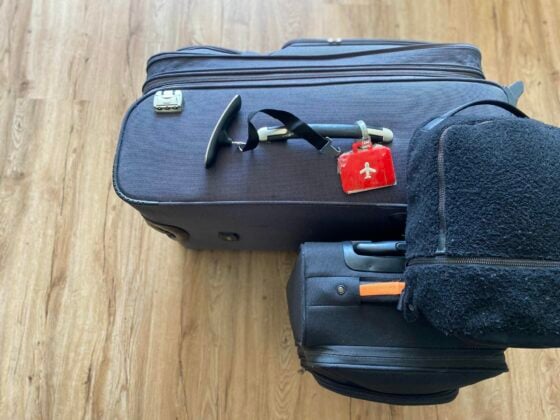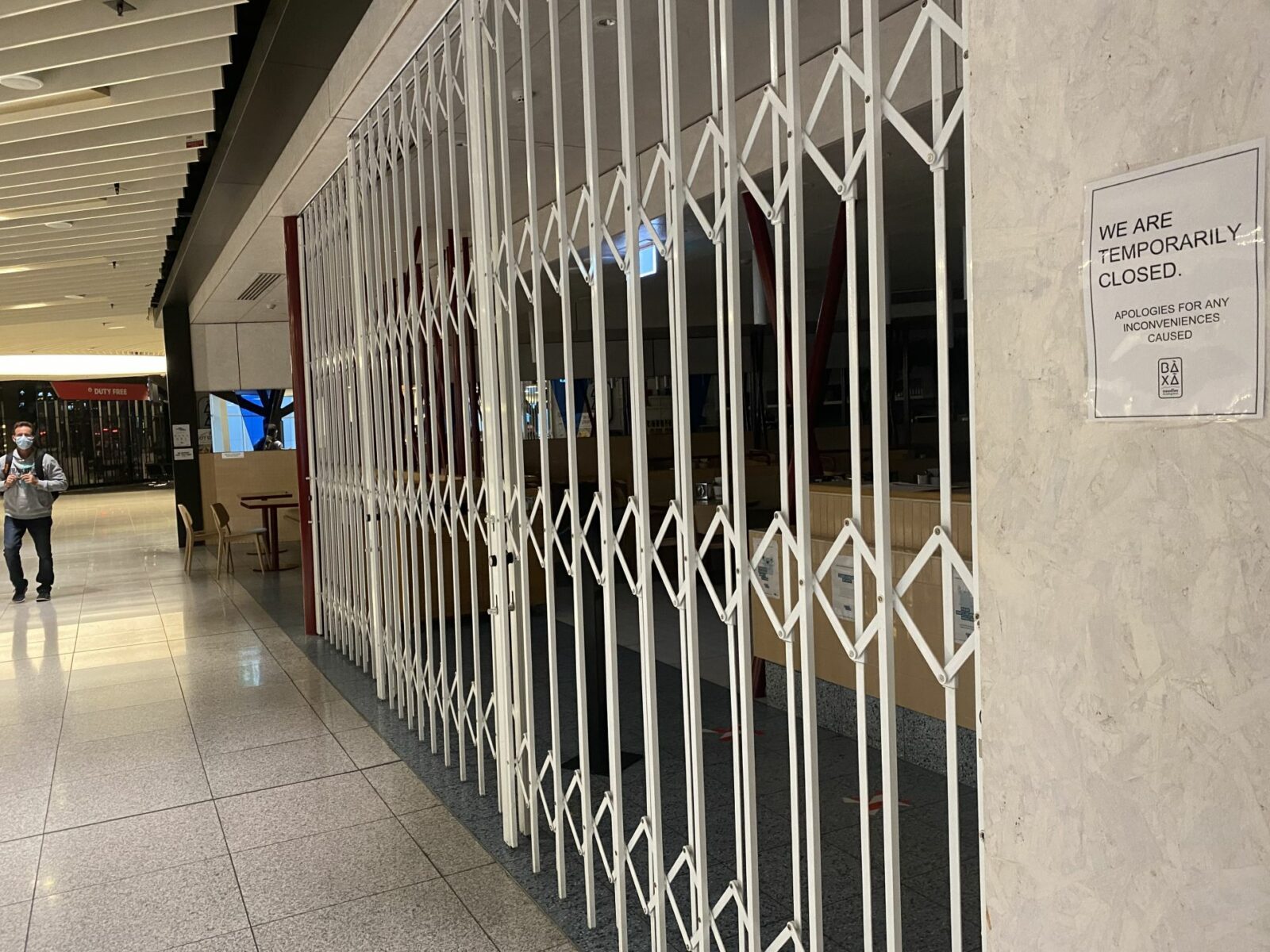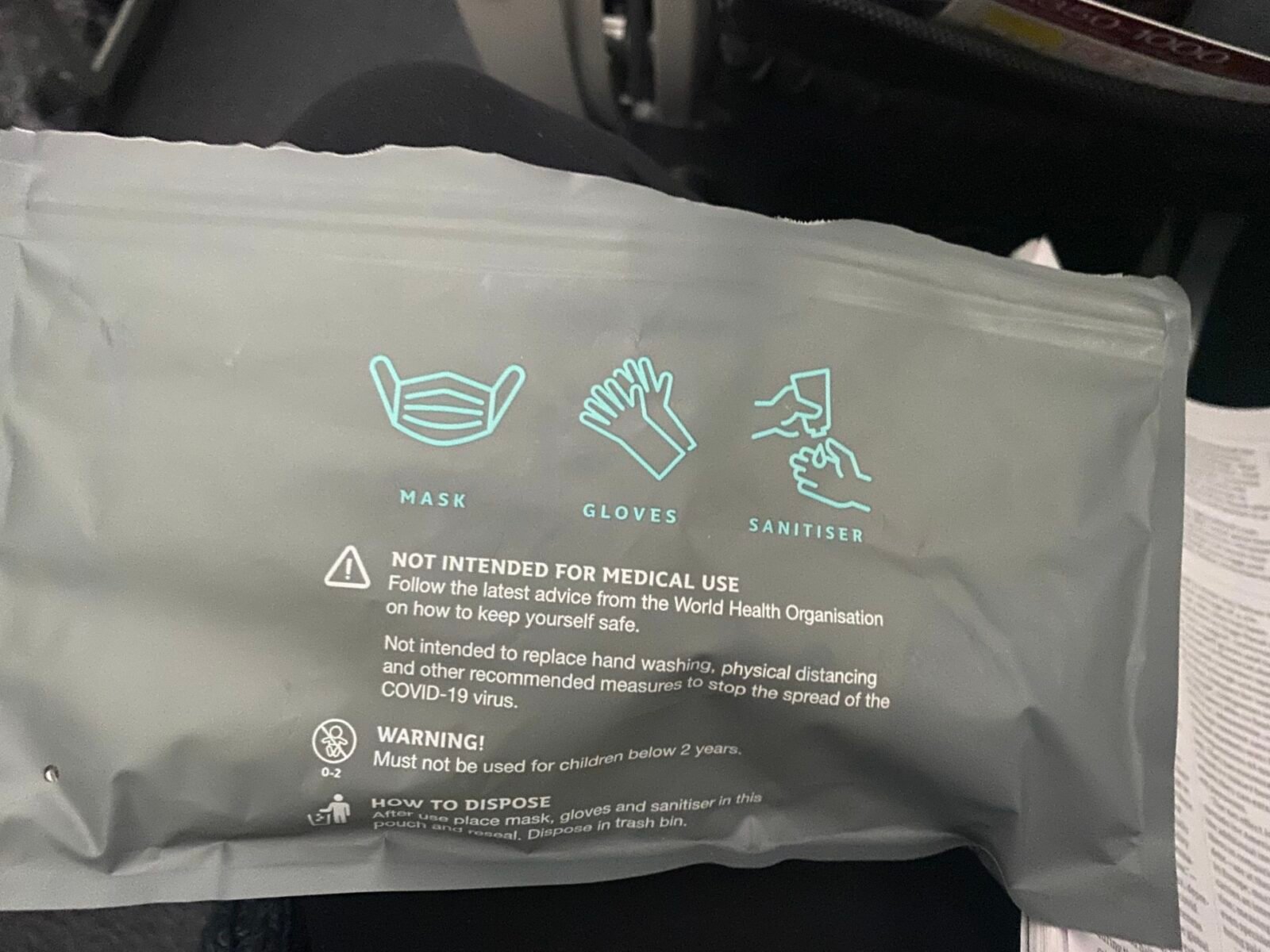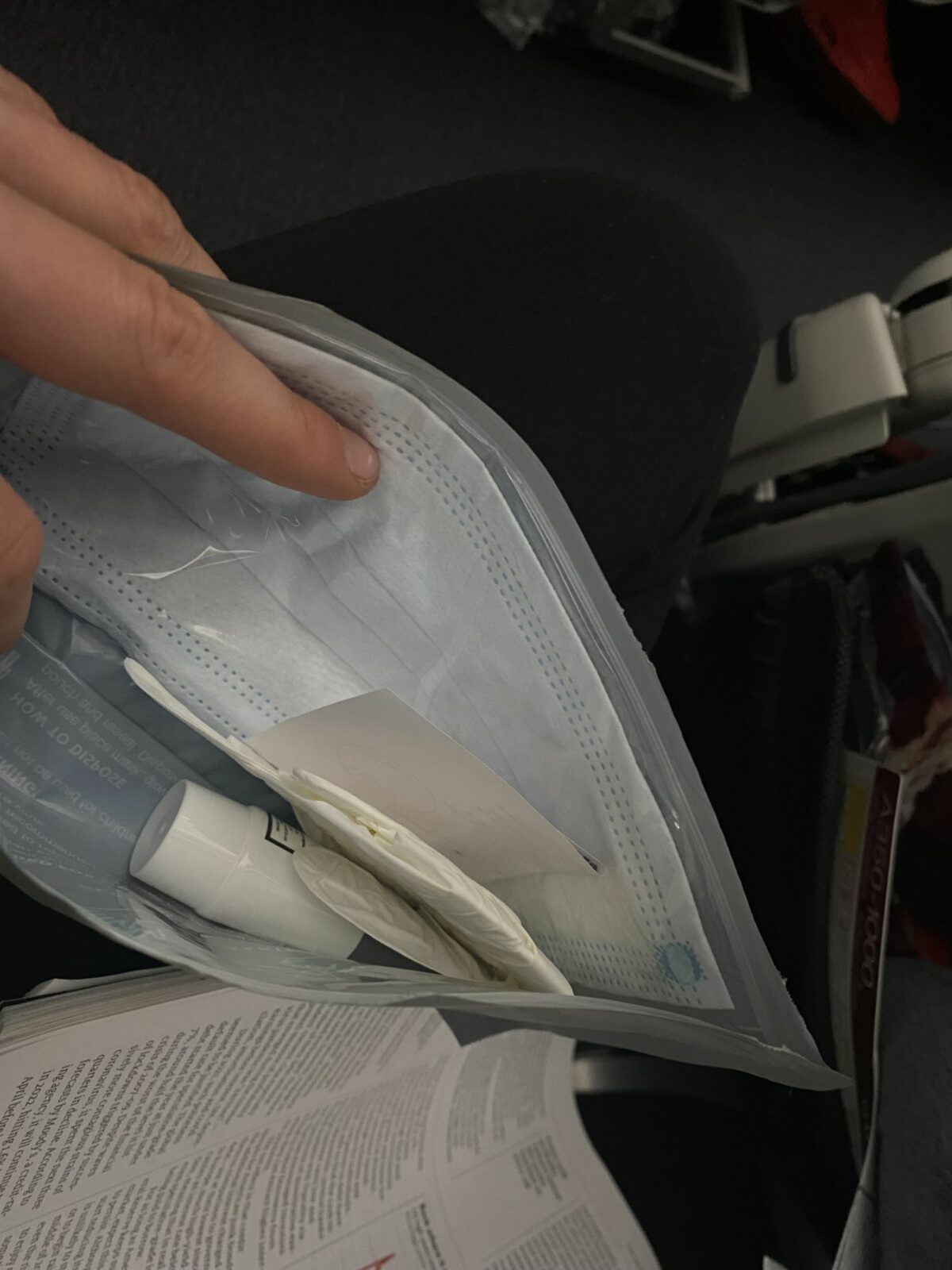If you live in Australia, chances are a trip to Greece is long overdue. And while international travel has resumed for the fully vaccinated, it is not the same as in pre-Covid times. Omicron has also sparked a new wave of travel hesitancy for some.
But if you’ve made up your mind and booked your ticket, the process of making the dream trip to Greece a reality is easier than you might think.
You just need to do… your paperwork.
Here’s a brief guide to help you navigate the exit checklist and get a sense of what to expect during and after the flight, based on my recent experience flying to Greece from Melbourne.
Travel insurance
You don’t want to skip it amidst a pandemic. Well, that’s my thinking at least. The Australian government seems to agree, having set up a dedicated travel insurance buying guide for prospective travelers.
A great starting point for your shopping around. Make sure you pay attention to the fine print, in particular which covid-related claims are excluded from your chosen policy.

ICVC
You can access and download your International COVID-19 Vaccination Certificate (ICVC) through MyGov (my.gov.au). Alternatively, those without a Medicare card can call the Australian Immunisation Register (1800 653 809).
The ICVC works like a “vaccine passport” overseas proving that the holder of the certificate has received both jabs against COVID-19. What you might face while in Greece though is a different story. Keep reading for further information below.
I was asked to present my ICVC just prior to checking in when departing Australia (to establish eligibility for travelling internationally without an exemption), as well as in Athens, at the airline check-in before reaching my final destination via a domestic flight.
READ MORE: Want to travel? Here’s how to download your international vaccination certificate

PLF
Completing a Passenger Locator Form (PLF) is a requirement for all travelers before entering Greece. After filling it out here, you will receive a confirmation email with the scannable document.
I was asked to show it prior checking in for the flight Melbourne – Athens.
PCR
In a bid to curb the spread of the Omicron coronavirus variant, Greece’s Health Ministry announced that effective Sunday 19 December, all incoming travelers will be required to present a negative COVID-19 PCR test. This applies regardless of vaccination status. Tests need to be no older than 48 hours.
Most airlines also require a negative PCR test.
PCR tests for international travel are conducted under a separate process to routine COVID-19 testing with an average cost between $120 and $150. Results are generally delivered after 24 hours but testing centres at Sydney and Melbourne international airports offer PCR tests promising a one-hour ETA for results.
At the airport
Have your acronym soup (ICVC, PLF, PCR) ready to present with your passport at the check-in queue for the outbound flight from Australia.
After dropping off luggage and passing through security and border check, I remember thinking how much time I had to kill before flying. Airlines recommend an earlier arrival at the airport nowadays (four instead of three hours prior to departure) to be on the safe side due to increased covid-related checks.

Waiting in an empty Melbourne airport

Apparently, I was lucky to have gone through the process fairly quickly. Perhaps not many flights scheduled that night? Or just an indication that airport traffic, in Melbourne at least, is still limited. Temporarily closed shops and empty gates I came across suggest the latter.
At the Doha layover, traffic was no doubt increased, yet still below pre-pandemic levels. Landing at Athens’ El. Venizelos on the other hand, felt nothing like being amidst a pandemic, excluding the use of masks that remains mandatory within airport grounds.
What can I expect during the flight?
Potentially reduced number of passengers compared to the same period before the pandemic.
I had both seats beside me empty for example, like many in both flights, Melbourne – Doha, Doha – Athens.
Mask wearing is mandatory during the entirety of the flight, excluding meals’ time. Compliance checks however, were not strict in my experience.

A pandemic version of the personal kit offered by the airline. Other than the usual (earplugs, eyecover, mini toothbrush and toothpaste) expect gloves, hand sanitiser and a face mask.

Vax certificate headache
You might have heard of the QR code incompatibility issue facing many of us using Australia’s International COVID-19 Vaccination Certificate (ICVC) while in Greece.
READ MORE: Dealing with incompatible QR codes on your next trip to Greece
Greek authorities have stated to be working toward a solution that would render non-EU vaccination certificates (including the Australian one) scannable with the CovidFree GR app. In the meantime, though here’s what you need to know.
As mentioned in the most recent JMD D1a/GP.oik.77146 (B ‘5816) in par. 3 of article 9, or in a more reader friendly form here, when it comes to venues where proof of vaccination or a negative COVID Test is required, entry for those holding a certificate of vaccination from a country outside the European Union is allowed by simply showing the paper vaccination certificate and showing a document of identity (passport), without requiring the application of COVID Free GR.
The reality however many have encountered so far, myself included, is to be denied entry in cases where the individual conducting the check of vaccination certificates is unaware of the above policy. This is due to concerns over fake certificates that would render the business liable to a hefty €5.000 fine.
The alternative is to show a rapid antigen test (available at pharmacies in Greece) to be allowed entry. Bear in mind however that rapid testing does not qualify for entry and service in indoor hospitality venues.
To recap, Australia’s International COVID-19 Vaccination Certificate (ICVC) is undoubtedly valid for use in Greece. However, as it stands, it remains unscannable by the dedicated app used for checks and thus a paper certificate along with the passport may be unacceptable in venues not familiar with this regulation. To avoid disappointment while the issue is being resolved by authorities in Greece, be prepared to do rapid tests and open to alternative venues, if you are denied entry with your ICVC. And importantly, stay patient and kind. Remember, no matter how frustrating it may feel, nobody is denying you entry on purpose. At the very least, the employee conducting the search is obliged to follow their employer’s instructions. And particularly for small businesses, a €5.000 fine is a risk – unfounded yet believed by some as true – that nobody would be willing to take.









